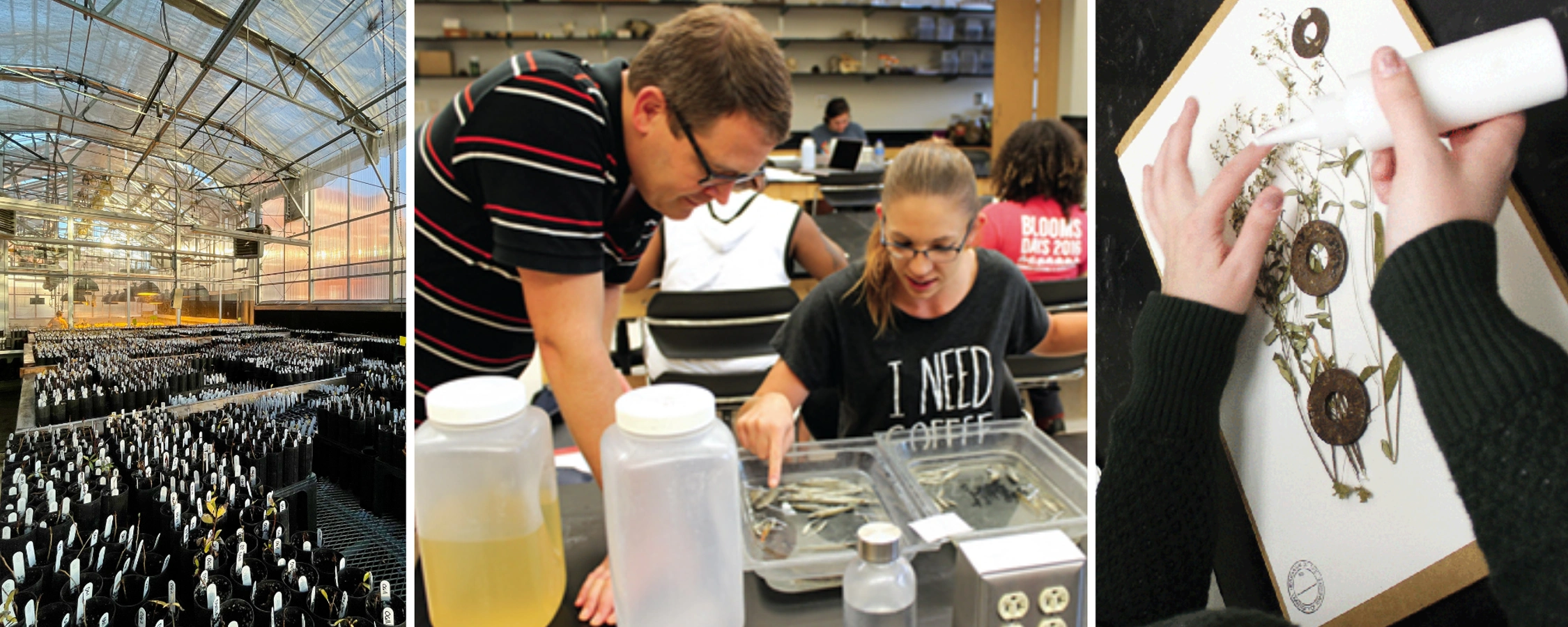Education is central to our collections mission. We invite learners of all ages to explore our field and collections resources and gain a profound appreciation for the intricacies of the living world. Through hands-on experiences and interactive learning, we aim to inspire the next generation of conservationists, researchers, and stewards of our planet. Check out the UT Herbarium website for public events.
We believe in the power of collaboration and outreach. Our collections resources are a vital tool for citizen scientists, local communities, and researchers globally. By forging connections and sharing knowledge, we contribute to a worldwide effort to safeguard and preserve biodiversity.
Please help fund our collections at giving.utk.edu/biodiversity. Your gift will support graduate student research, visiting researcher fellowships, and curation projects that improve the availability and accessibility of our plant and animal collections.
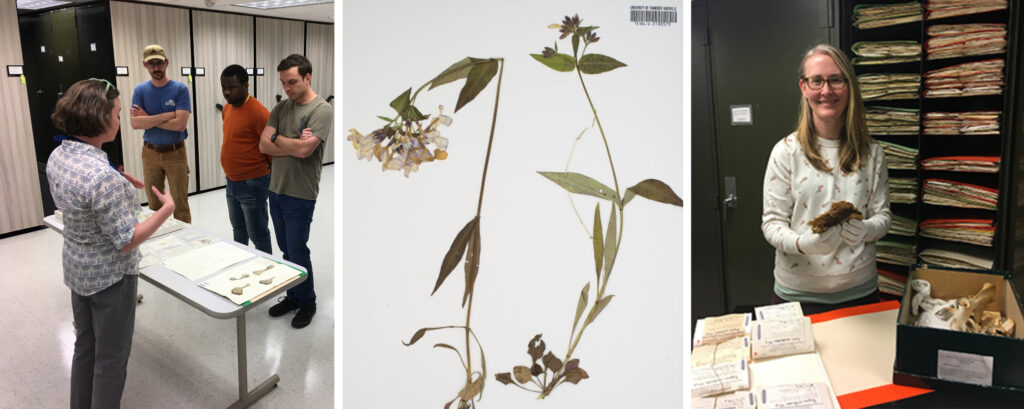
UT Herbarium
The UT Herbarium is one of the largest plant biodiversity collections in the southeast. We protect and store over 600,000 dry-pressed plant specimens from across the state of Tennessee and around the world. The diversity of our collection ranges from mosses and fungi to flowering plants and serves as a critical resource for documenting the biodiversity of our region.
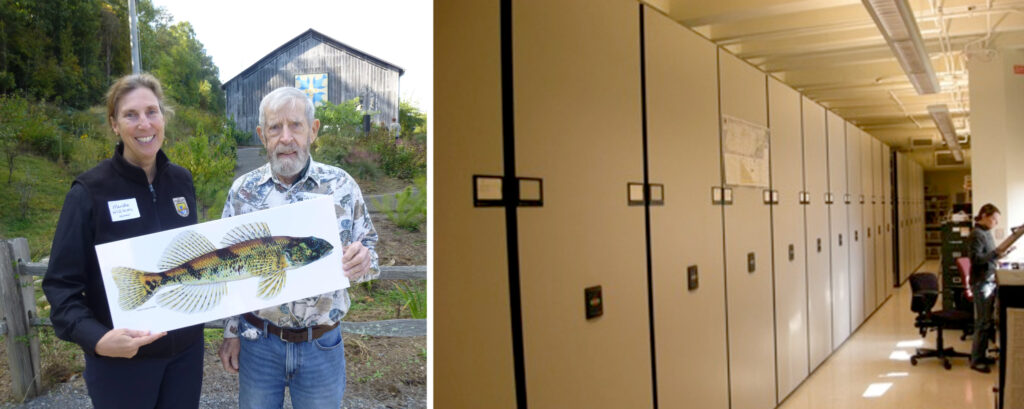
Etnier Ichthyology Collection
The UT Etnier Ichthyology Collection is a collection of fishes used for research and species preservation for advancing science. Serving as biological snapshots through time, natural resource collections such as ours play an increasingly important role in informing public and environmental policy.

UT Hesler Biology Greenhouses
The UT Hesler Biology Greenhouses contain a diverse living plant collection from varying climates all over the world. This collection is used extensively for EEB coursework, research projects and rare species conservation. The plant collections are open to the public Monday – Friday, 9am – 4pm.
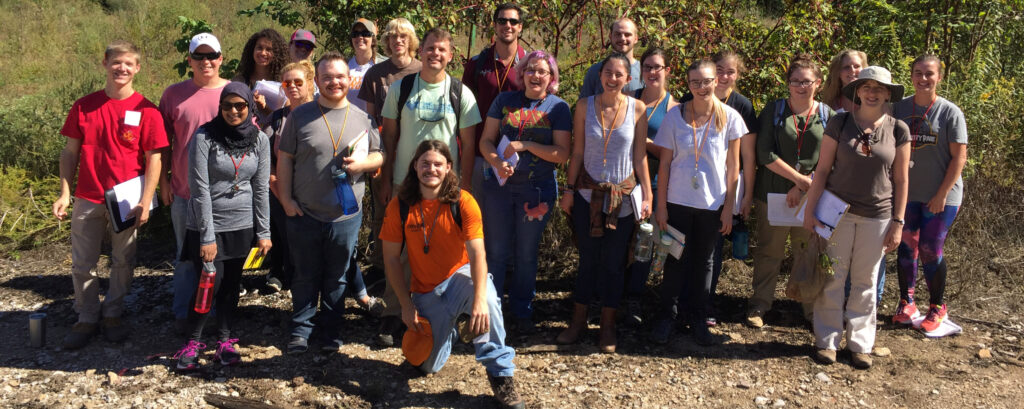
Natural History Collections Course
Natural history collections are a physical record of our planet’s biology across space and time and are a critical part of modern biodiversity research.
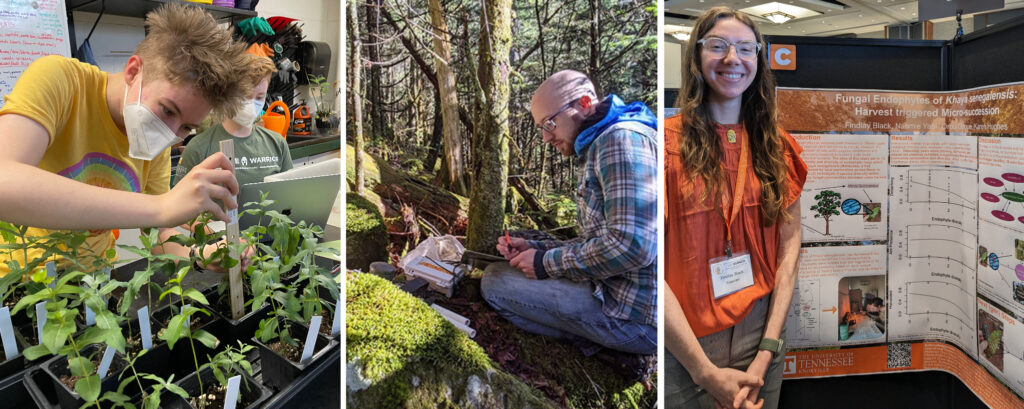
Fellowships and Awards
Five annual awards are available for EEB students. Read below to learn more about each of our fellowships and awards.
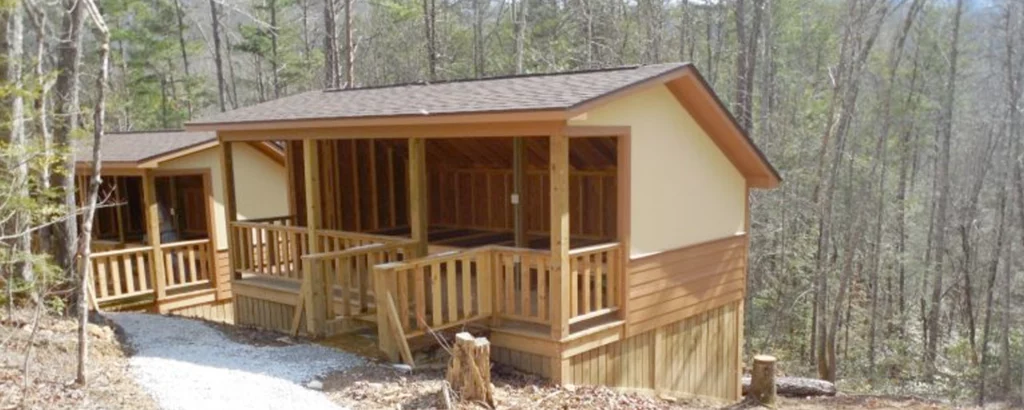
Biology Field Station
The Department of Ecology and Evolutionary Biology (EEB) at the University of Tennessee operates a Field Station in Pittman Center, Tennessee, near Gatlinburg and adjacent to the Great Smoky Mountains National Park (GSMNP).
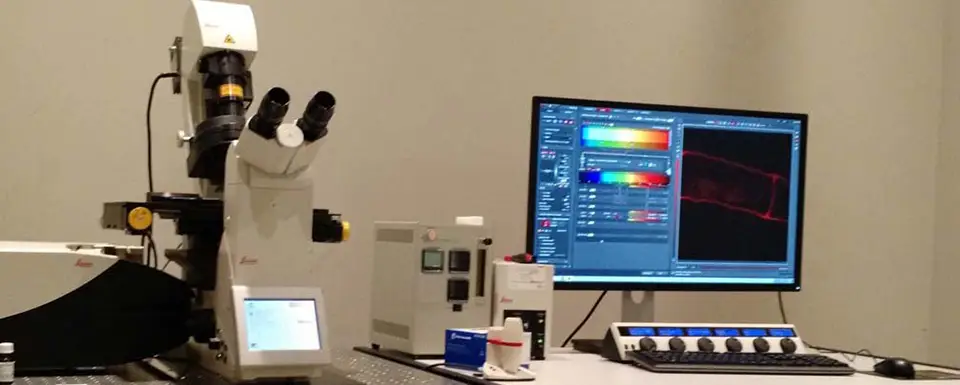
Advanced Microscopy and Imaging Center
The Center is a multi-user, multi-disciplinary facility that provides microscopy and imaging services in support of teaching and research for students, faculty and staff at UT. It houses instrumentation for optical microscopy including laser scanning confocal microscopy and total internal reflection microscopy (TIRF), atomic force microscopy, and scanning as well as transmission electron microscopy
